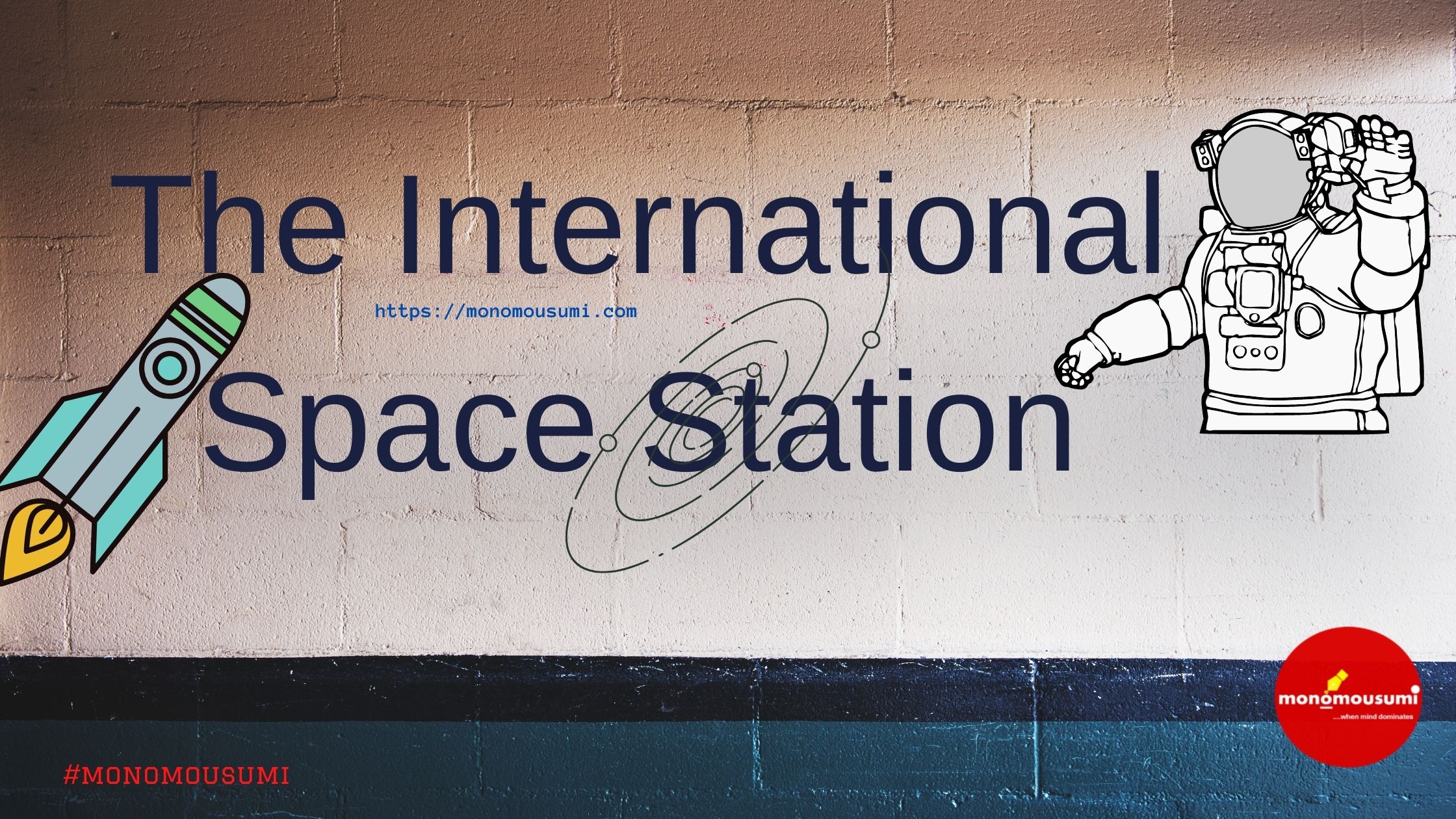
The International Space Station, or ISS for short, has been described as both scientifically groundbreaking and politically unifying. An endeavour that was unheard of just a mere century ago, has now helped humanity understand mankind on the one and the mysteries of space on the other hand and has thus changed the way we can view the world as a whole. Firstly presented by former US president Ronald Reagan in 1984 and finally put into action in 1998 to provide new ways of scientific research and space exploration, the ISS truly is one of the most important inventions in recent human history.
A rocky road to success
In order to fully comprehend why the importance of the ISS is so amazingly huge, one has to first look at its history. Space exploration only began to take form on a larger scale in the late 1950s and early 1960s in the wake of the Cold War. Considering the strictly hostile relationships between the capitalist West and the communist East, the study of space was mostly seen as a competition for glory and victory rather than the chance for outstanding scientific discoveries. Back then, other countries only played a minor role in space exploration. Keeping this in mind, the fact that some of the biggest countries and space agencies eventually cooperated on a large-scale project like this is even more astonishing.
In addition, building something as complex as the International Space Station is a logistical and technological mammoth task. Although both rockets and astronauts have been sent into space before, safely and effectively building the ISS was by no means easy.
On top of that, the costs for the innovation are exorbitant. In 2010, expenses already lay at an expected 150$ to 160$ billion dollars, of which the United States pay the brunt. In fact, the International Space Station is known to be the single most expensive object ever made by mankind. Spending all this money was a big risk, but it was quickly outweighed by the benefits of the ISS.
A role model for global cooperation
As already previously stated, the ISS is a cooperation between five major space agencies and fifteen countries, namely the United States, Russia, Canada, Japan and the participating countries of the European Space Agency. This makes it a perfect example of the amazing advantages today’s globalized society presents us with. While wars are raging and human rights violations become more obvious in all corners of the world, the international community more often than not cannot agree on a single issue. But still, and it may perhaps be exactly because it is geographically so far removed from the challenges on our own planet and because space could potentially be a solution for some of Earths problems, a variety of countries work together on the ISS. The international division of labour and the shared responsibility of both success and failure have led to the space station playing a key role for future cooperation. So far, astronauts of nineteen different nationalities have visited the space station. The United States of America even officially declared its importance for diplomatic and educational purposes in their National Space Policy, published in the year 2010.
A gateway to opportunity
Still, those involved didn’t build the ISS for the sole purpose of showcasing unity and setting a good example. Instead, the main goal of the space station is to provide the world with new scientific discoveries and specifically use the special surroundings in space for experiments that are not currently possible to perform on Earth. While scientists have so far made countless discoveries, some of these deserve special highlighting.
For example, the field of medicine has benefitted vastly from research in space. From Alzheimer’s to Parkinson’s to various types of cancer, researchers have found ways to study cells and protein clusters that are not under the influence of gravity. This has led to a lot of new ideas that could potentially one day become the cure for diseases that have taken so many lives.
Already widely implemented in eye laser surgery is the “Eye Tracking Device (ETD)” which helps surgeons track the position of the eye. Only very few people know that this was invented in space and is already a common tool to correct optical malfunctions.
Another pressing issue that the ISS hopes to help resolve is that of water shortage, a problem that big parts of our planet already have to deal with and that will only get more relevant with the advance of climate change. Research around water in space was started out of necessity to find a way to supply the crew with enough of this vital good. This resulted in the invention of the so-called “Water Recovery System” which can recycle 93% of the water the astronauts use, including urine and washing water. Since then, this system has also been installed on Earth and innovation surrounding the issue has been remarkably higher ever since.
The ISS has also made extraordinary progress concerning future space expeditions to the moon as well as Mars. While discussions around the latter have been in the media for years now, the extreme difficulty and complexity of such a project are often undermined. And while theoretical calculations are extremely important, experimenting in the actual environment of space is incomparable and helps scientists gain a much better and more complete picture of what this large sea of asteroids and planets is and how we can best make use of it. Only through this research on the ISS will it become possible to quickly develop further space programs and eventually broaden the horizon far beyond the compounds of Earth.
All things considered, the International Space Station truly is the greatest invention in modern history and has already changed the world in many ways and will surely continue to do so. Politically speaking, it is a symbol of unity and cooperation and sets an example of what can be achieved when all parties involved work together to reach a common goal. From a scientific standpoint, it can be said that the ISS has already lead to so much incredible progress in a lot of different fields like medicine and physics. It has helped us gain knowledge that we didn’t even think possible to gain just mere decades ago. But what’s far more important is that it is laying the groundwork for even more to come. Just like the invention of the wheel led to the bicycle we know and use today, there is a big chance that this is not the peak of what space exploration can do but rather the basis of so many farther inventions and developments that will help shape the better world of tomorrow.
By Fiona Marie Reich, Bremen, Germany


